8 Things You Shouldn't Say to a Translator
Escrito por: Erika Cosenza
Fecha: 30-9-2022
Today is International Translator's Day. And, like every September 30th, there will be lots of posts by professional associations and colleagues around the world celebrating us, the people who build communication bridges across cultures. We may even receive greetings from acquaintances outside our field.
Having that covered, today I would like to dedicate our day to those who question every single quote we send, who have crazy expectations in terms of delivery date, who get annoyed when we ask for at least a sample to be able to quote a job, who think translation is a piece of cake (unaware of how difficult would be for an untrained person to translate such a common expression).
Without further ado, from the bottom of my heart, eight things you shouldn't say to a translator. Why eight? Well... Why not?
1. Why so expensive?! It's just two pages!
Translators have studied and continue to study very hard. We invest time, energy, and money in courses & workshops, books, software, and hardware so that we are able to meet your needs in terms of communication and language.
Translation is not an odd job. It's not a gig. It's not an easy way to make money, something you do when you are bored or don't have anything better to do. Translation is a profession. It's an art. It's a craft. It's a highly qualified job. And it's our livelihood.
2. How long would it take you to translate [insert amount of pages/words/characters]?
Think about how long it took you to prepare your document and how long it will take a translator to "re-write" it into another language.
Have you spent two years building the characters, crafting the plot lines, imagining and perfecting the dialogs for your novel? Then, why do you want someone to translate it in just a few weeks?
Maybe you want to translate your brand identity—which took hours, days, and weeks to your marketing team. Why wouldn't you pay the same attention to your corporate communications in another language and culture?
A good translation needs time. Translating it's not a mechanical task consisting in replacing one word for another.
3. We haven't finished writing the original. Could you provide us with an estimate?
Would you ask someone to build a house without blueprints? Would you ask a carpenter for an quote without telling what to build/repair? Right. Then, why do you think a translator can draft a quotation without knowing what the actual job will imply?
4. My [insert relative] learned [insert language] in high school. I'll ask [insert pronoun] to do this.
Mastering a foreign language—and this is not a skill you acquire in high school—it's just one of the many skills and abilities you need to be a translators. You will also need to master your own native language. Besides, you will need the ability to recognize cultural implications and nuances, advanced reading comprehension & text-analysis skills, the ability to identify reliable sources of information, problem solving capabilities... I could go on and on, but knowing when to stop is also a highly appreciated ability.
5. Never mind. I'd better use [insert translation app].
Despite what sci-fi has imagined and what companies will want us to believe, machines have not replaced—at least, not yet—humans. I know what you are going to say: machine translation has improved a lot, and algorithms this and that... I stand behind my words, though: They haven't replaced us yet. And they still have a long way to go. I could give you many reasons—linguistic, ethical, practical, cultural... But I'd rather share a laugh with you by looking at these fabulous—and pretty well known— works of art, a good example of what happens when you trust amateur humans and machines with your texts.
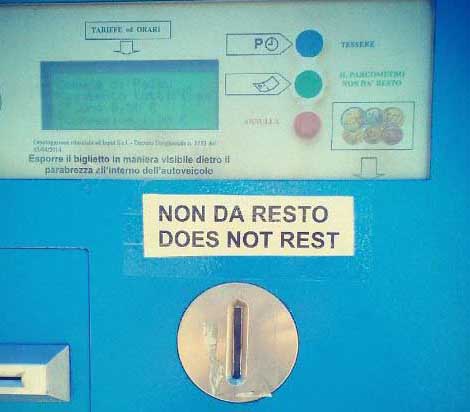
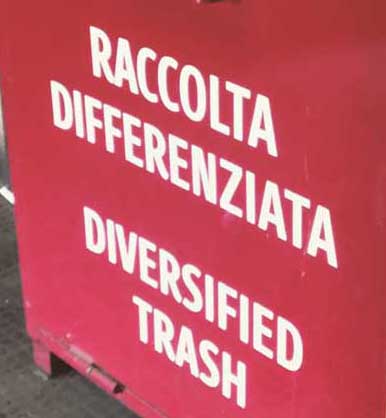
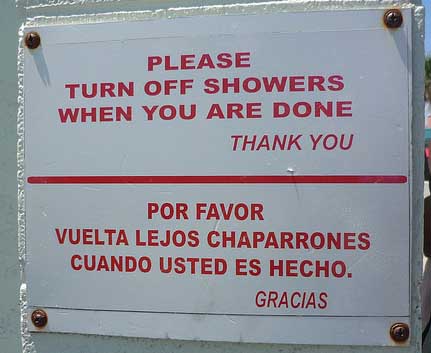
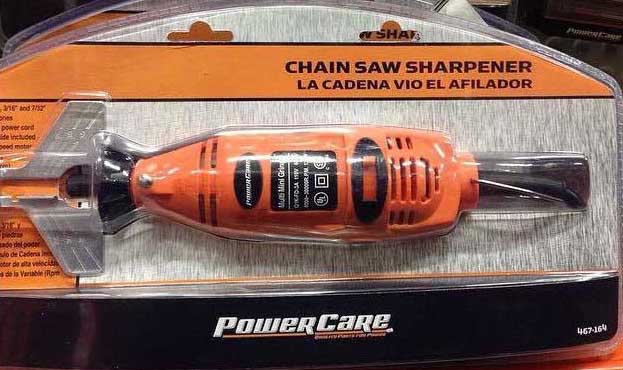
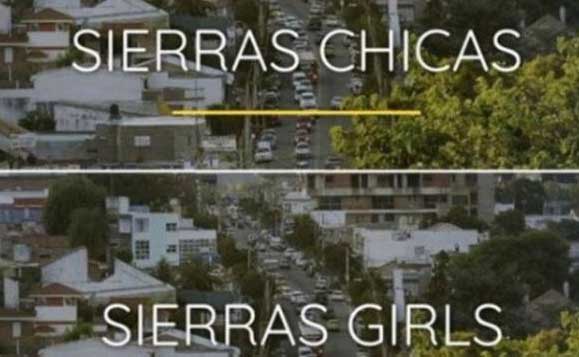
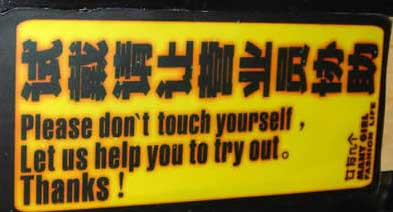
6. Oh, you're a translator! Do you teach languages?
Translation and teaching are two different professions. There are people who do both, but this isn't always the case. And there is a reason: knowing how to do one doesn't automatically enable you to do the other.
7. Oh, you're a translator! Do you do simultaneous translation?
There's no such thing as simultaneous translation. What you mean is simultaneous interpretation. And yes, translation and interpretation are two different professions. It is true they are related—they both imply going from one language to another, but one deals with spoken words, and the other with written texts.
And what most people don't know is that these activities—despite their similarity—require different skills, abilities, training... and even personality traits! There are some translators terrified by the idea of speaking in public, without time to think and lacking the possibility to look things up. On the other hand, translation bores some interpreters to death. Of course, there are people who do and enjoy both!
8. What does [insert word] mean?
Translators are not walking dictionaries, and we don't know all the words of a language. And truth be said, dictionaries aren't that complete and exhaustive, either.
And there is something you should know and remember: many words are polysemic, i.e. they can mean several different things depending on how and where you use them. That's the key—context! So, next time, at least ask the meaning of an entire sentence.
Ok, now it's time for me to wish my colleagues a happy Translator's Day! May you never have to deal with this again!


